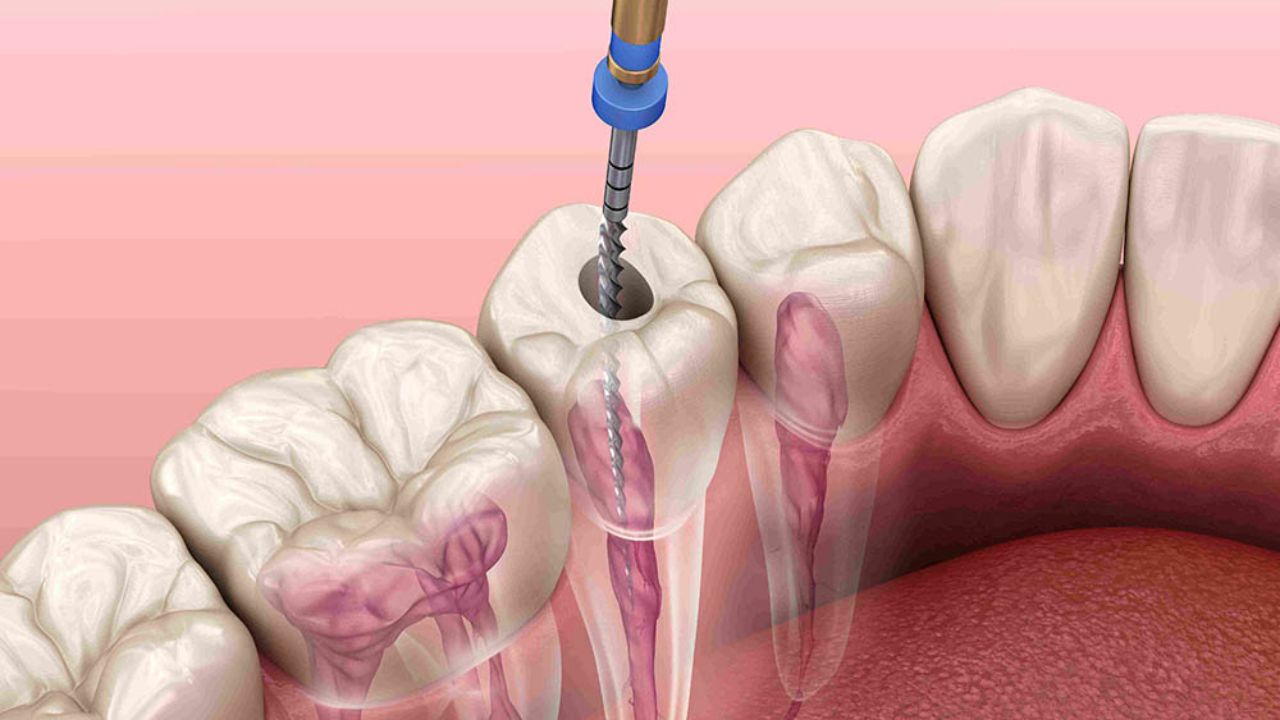
Root canal treatment is often recommended when the tooth’s pulp is decayed or damaged, but the natural tooth can still be restored. At Rathi Dental, we provide effective root canal treatment in Juhu that will help you eliminate painful tooth decay and return to your usual lifestyle.
After the treatment, it is important to follow the special aftercare for better and smooth recovery. This blog lists professional aftercare tips that can help you recover quickly and efficiently.
Pain Management and Medication
Root canal treatment is often painless and done under anesthesia or conscious sedation. However, mild discomfort after the sedation wears off is normal. The dentist usually prescribes medications to relieve pain and antibiotics, which should be used as specified.
However, if you consider opting for over-the-counter medications, it should be avoided unless recommended by a dentist or a medical professional. Painkillers or antibiotics are prescribed depending on your oral and overall health.
Eating and Drinking: What to Avoid
After the treatment, a blood clot is formed at the site of operation, which stops bleeding and infections. If any pressure is applied on the area, such as eating or drinking something that puts direct or indirect pressure on the area, the clot can be affected.
Thus, avoid any hard or hot foods after the procedure for the first 48 hours. Instead, follow a soft food diet that includes soups, yogurt, mashed potatoes, and smoothies. These foods are nutritious and will not put pressure on the operated area.
You can gradually shift back to hard foods, but avoid chewing on the treated tooth until the crown is placed, providing natural-like strength to the tooth.
It is also recommended to avoid vigorously rinsing your mouth, and drinking hot, cold, or carbonated beverages to ensure smoother recovery.
Maintaining Oral Hygiene
While the treated area can be painful for a few days, it is still essential to gently brush and floss around it to avoid the accumulation of bacteria or plaque, which may lead to infection or abscess. Keeping the area clean is the key to ensuring no complications during recovery.
However, it is not suggested that you brush your teeth immediately after the procedure. Follow the dentist’s advice on when to start brushing, and you must be regular in brushing and flossing to maintain optimal oral health.
Recognizing Signs of Complications
If you notice signs of complications in the treated area such as persistent swelling that does not recede easily, severe pain despite using dentist-suggested pain relievers, and a fever, this may mean that the procedure had been causing some side effects. Visit a doctor if you notice anything strange.
To recognize these complications and others that may accompany, it is needed that you assess your teeth and look out for signs that may lead to problems in the future.
Follow-Up Appointments: Why They Matter
The visits to the dentist are not limited to getting the procedure done but also essential for checking how well you are healing and the need of placing a permanent crown.
These visits allow the dentist to check for any infections or complications; if there are any, they can identify and treat them at the earliest possible stage. Thus, schedule regular visits to the dentist until you are completely healed to recover better.
Long-Term Care for the Treated Tooth
Once your tooth is completely healed and a crown is also placed, it is important to care for it so that it lasts. To maintain its functionality and longevity, brush regularly, floss, and have dental checkups. Avoid chewing hard foods or ice, and do not open packages using your teeth to ensure your crown is not damaged.
A smooth recovery after a root canal treatment depends on how well you follow the dentist’s aftercare measures and maintain your oral hygiene. The food you eat and how you clean your teeth is essential in determining the success of a root canal without complications.
If you are suffering from painful tooth decay and looking for a dental clinic in Juhu, book an appointment with us to determine whether you need root canal treatment.
